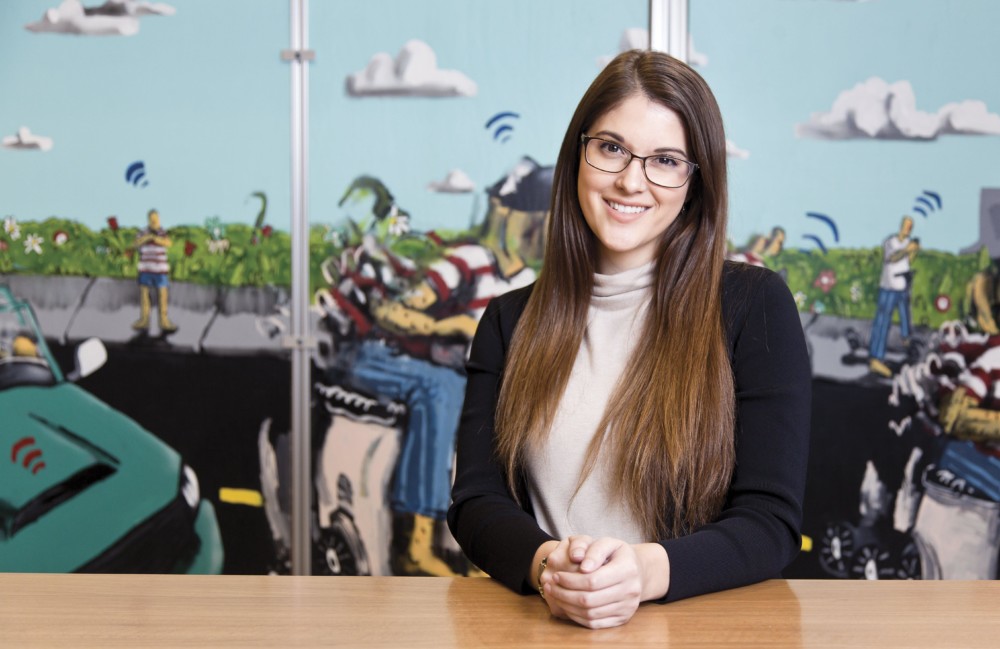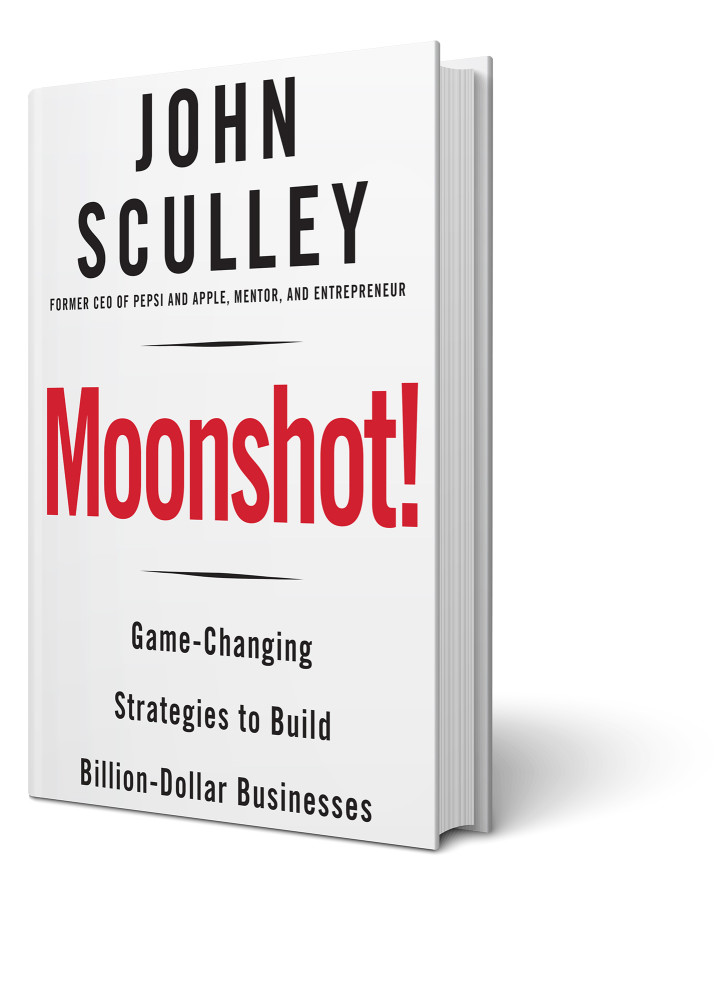By Cynthia Bent Findlay
The Columbus Dispatch
WWR Article Summary (tl;dr) “Women in Analytics” is a rapidly growing data science conference that is attracting speakers and attendees from around the world. Rehgan Avon is the woman who is bringing it all to life.
Columbus
Rehgan Avon is only about three years out of college, but she’s already at the helm of an enterprise with annual revenue approaching $1 million.
What’s more, that’s her part-time gig.
While still an industrial and systems engineering student at Ohio State University, Avon founded Women in Analytics, a rapidly growing data science conference that’s attracted speakers and attendees from around the world in just a few years.
The conference expects 1,200 attendees this year and has grown so popular, its mission is expanding into that of a data science association that includes a speaker’s bureau, partnerships with other events and a growing online community.
The effort is Avon’s part-time passion, sparked by a realization that while women are a large part of the data analytics field, they most often were not featured as speakers at prominent conferences.
Avon already has held multiple positions in data science and recently joined local mobility data infrastructure startup Mobikit as head of solutions.
Columbus CEO talked to her about the promise of data analytics and Ohio’s part in the growing industry.
Q: Why is data analytics often called a new frontier?
A: As a field it’s newish, I’d say. In today’s world, there are a lot of different technologies used to create predictive models, especially inside large enterprises. Some industries have been doing it for a long time, such as insurance in pricing policies. Or in finance, for traders, there are a lot of applications when pricing a bond.
Now, we are able to store way more data than ever before. And we have access to way more personal data than ever before. The amount we are able to collect and store has driven everyone to be able to use it for marketing and product retention. And companies are looking to artificial intelligence to automate some of this analysis with new tools.
Q: What are the challenges data analysts are hoping to help solve?
A: Definitely companies regardless of their size are looking at how they can use data and data analysis insights to increase their profits and reduce costs. Some might be starting with (business intelligence), descriptive analytics, data that could derive insights. Some might be trying use more advanced or predictive analytics, which is becoming more available. Most CEOs who have data are aware of this.
One downfall is the amount of data they have access to. Though they might have a lot of data, it’s not interpretable right away. Newer companies have the advantage of starting over where before, people were just storing data and doing reports. Larger companies that have historic infrastructure like data warehousing are having to pour a decent amount of money into redoing it because it doesn’t serve the needs of data scientists anymore.
But I think companies are still struggling to figure where the budget goes to fund these things.
Q: With such a strong insurance industry presence, is Columbus well-positioned to lead in the new data analytics arena?
A: Yes. I’ve seen lots of other cities that maybe haven’t jumped on as quickly. What makes Columbus unique is … they’ve been supportive of those initiatives, with the Smart City grid, making Columbus a connected city, capturing and exposing data about our city. Columbus was really there in the beginning.
Almost every university has an analytics program now. In 2014, that was not the case. Ohio State launched its first undergraduate program then, and it was a first, and they now have multiple degrees and a Ph.D. program.
There are really two breeds of companies in Columbus. (There are) new ones basing their revenue model off of predictive analytics and selling those services to other people, really best-in-class organizations in data science. Then there are companies that are 50, 60 years old with their headquarters here, and these companies need to transform. All of that puts us in a good position, and there’s been a dramatic increase in venture capital over the past four years that has been pretty transformational. I think we’ve got a lot of industry expertise in Columbus.
Q: Are our local companies already cutting-edge then?
buy levaquin online www.parkviewortho.com/wp-content/languages/new/prescription/levaquin.html no prescription
A: Yes. One really good use case is the Columbus Collaboratory, engaged with Nationwide, OhioHealth, Battelle, Huntington, Cardinal Health, AEP and L Brands. Then there’s Root Insurance — there’s a huge data science team there basically building this new means of evaluating the risk of drivers and disrupting the insurance space. Then we have San Carlos, California-based Upstart, which opened its second headquarters here, using data science as a way of predicting risk for lenders. We’ve got some startups like Olive.ai also hiring a lot … there are many companies here using that talent pool.
Cynthia Bent Findlay is a freelance writer for Columbus CEO, a sister publication to The Dispatch. For the full story on Women in Analytics, go to www.columbusceo.com.
___
Distributed by Tribune Content Agency, LLC.















































































































































































































































































































































































